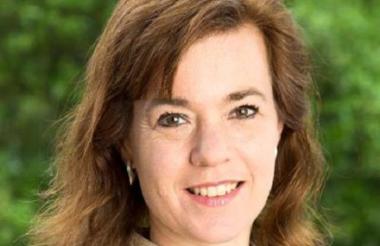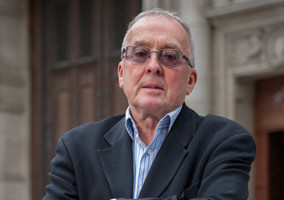Charities are making little use of academic research into any subject except how to raise more money, a project investigating the sector has found.
The project, launched in April, is currently asking charities, funders and donors what information they would like to like to know about the charity sector. The project is intended to bridge a gap between the issues which academics prefer to research, and the information charities actually need.
Caroline Fiennes, director of consultancy Giving Evidence, reported on the first results at the Voluntary Sector and Volunteering Research Conference, held last week by the Voluntary Sector Studies Network and NCVO.
“Nobody is using academic research,” she said. “It’s seen as ‘over there’ and unintelligible. It’s seen as like morris dancing. If other people want to do it, that’s absolutely fine, but it’s nothing to do with us.”
She said that academic research was seen as inaccessible because of the way it was written, and the fact it was often published in paywalled journals which charities did not have access to.
The only exception, she said, was fundraising, which is well researched, and is therefore excluded from her survey. But despite this existing prevalence, she said, charities still tended to veer back towards fundraising when asked what they needed more information about.
“It’s like a shopping trolley with a wonky wheel,” she said.
She said that several trends had emerged from the initial consultations. One was that charities were very interested in how to effectively report impact – probably as a tool to impress donors and funders, rather than because they wanted to find out whether their interventions are effective.
Many of those who responded also asked not for more research, but for better access to existing data, such as government information on homelessness or offending, or the work on which grants are given by whom and where, currently being pioneered by 360 Giving.
Others asked for answers to questions which are already known, suggesting that it is important to give charities more access to existing knowledge and best practice.
And many donors have tended to ask for research into charity reliability and trustworthiness – questioning how they can know that money is being spent efficiently and effectively.
|
Related articles












